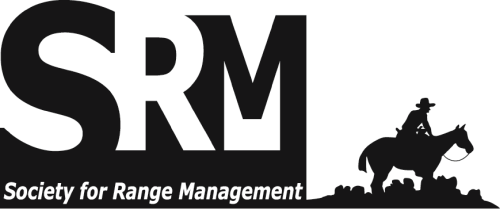People needs in rural communities of central Mexico, coupled with climate change that is usually accompanied by excessive dry or wet conditions, and the current wildlife management system in Mexico, has led to alternative uses of wildlife that inhabit the grasslands of this region. In Mexico, the use and management of wildlife is based on the System of Management Units for the Conservation of Wildlife (UMA). However this system, in most cases, leaves ejidal communities (communal land property) in disadvantage, beside soil erosion and overgrazed pastures that occur in its properties. In these communities there are only small game species as collared peccary (Pecari tajacu), rabbit (Silvilagus floridanus), black-tailed jackrabbit (Lepus californicus), coyotes (Canis latrans), white-winged dove (Zenaida asiatica), mourning dove (Zenaida macroura) and an inability to pay for technical services required by the UMA system. In this situation, the capture and sale of white-throated woodrat (Neotoma albigula leucodon Merriam), and the collection of edible insects for human consumption such as escamoles (reproductive caste of the escamolera ant-Lyometopum apiculatum), red (Comadia redtenbacheri) and white worms (Acentrocneme hesperiari W.) are important as source of food and income for rural dwellers. The market value of each white-throated woodrat is $ 2 US dollars, but the price of edible insects in rural communities fluctuates between 16 and 20 US dollars/kg; although they reach a price of 33 Dollars at the restaurant. Capture of white-throated woodrat and insect collection are complementary activities to the agricultural and farming activities that community people practice during the year. This talk will address the harvest of these species in central Mexico, its importance and management, with problems they face and the challenges toward their sustainable management in the states of Zacatecas and San Luis Potosi, Mexico.

Oral presentation and poster titles, abstracts, and authors from the Society for Range Management (SRM) Annual Meetings and Tradeshows, from 2013 forward.